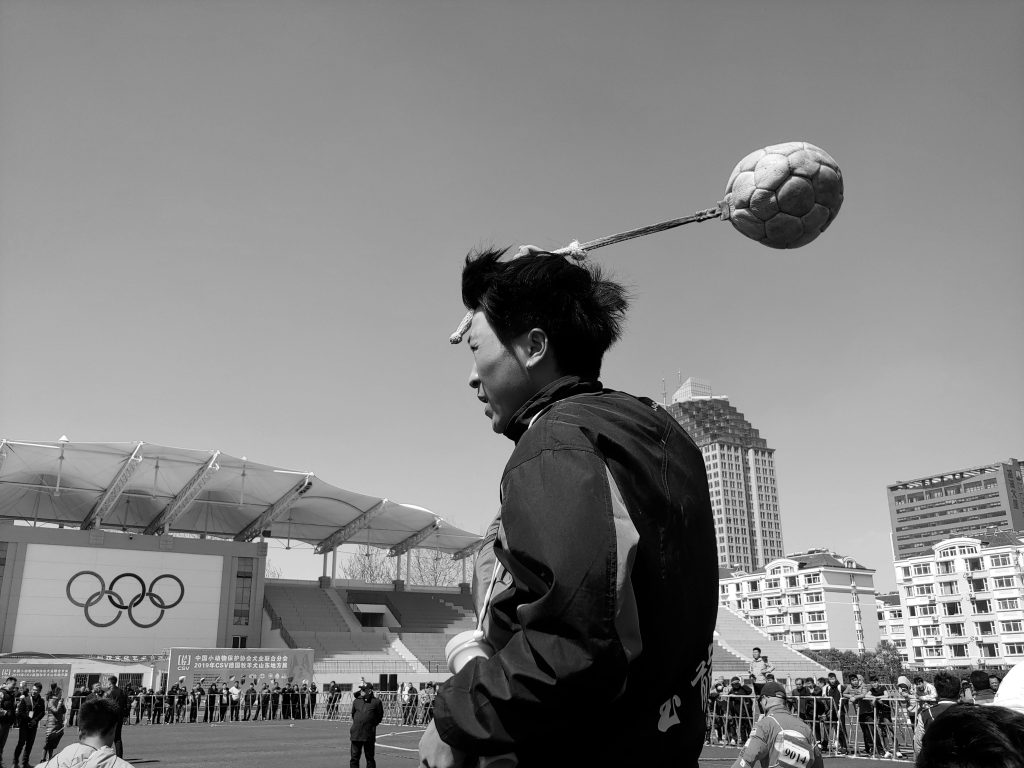Table of Contents
The Olympics stand as a beacon of unity, excellence, and global camaraderie, drawing athletes from every corner of the world to compete in a display of human spirit and achievement. Since their inception, the Olympics have evolved into a multifaceted event that not only showcases athletic prowess but also promotes peace, understanding, and cultural exchange.

Historical Roots
The origins of the Olympics can be traced back to ancient Greece, where the first recorded games took place in Olympia in 776 BC. These early games were a series of athletic competitions among representatives of various city-states of ancient Greece. Held every four years, they were part of a religious festival honoring Zeus, the king of the Greek gods. The ancient Olympics continued for nearly 12 centuries until Emperor Theodosius I decreed in 393 AD that all such pagan cults be banned.
Modern Revival
The modern Olympic Games were revived in the late 19th century thanks to the efforts of Baron Pierre de Coubertin. Inspired by the ancient Greek tradition and motivated by a vision of promoting international peace through sport, Coubertin founded the International Olympic Committee (IOC) in 1894. The first modern Olympic Games were held in Athens in 1896, bringing together 14 nations and 241 athletes who competed in 43 events. This modest beginning set the stage for what would become the world’s foremost sporting competition.

The Olympic Movement
The Olympic Movement, governed by the IOC, has grown exponentially over the past century. The Olympics now feature over 200 nations and thousands of athletes competing in a wide array of summer and winter sports. The inclusion of the Paralympic Games and the Youth Olympic Games further underscores the movement’s commitment to inclusivity and youth development.
The Olympic motto, “Citius, Altius, Fortius” (Faster, Higher, Stronger), encapsulates the ethos of striving for excellence. However, the Games are about more than just athletic performance. They serve as a platform for promoting values such as respect, friendship, and fair play. The Olympic Charter emphasizes the role of sport in the harmonious development of humanity, advocating for a peaceful society concerned with the preservation of human dignity.
Cultural and Social Impact
The Olympics have a profound cultural and social impact. They bring together people from diverse backgrounds, fostering a spirit of global unity. Host cities and countries gain an unparalleled opportunity to showcase their culture, history, and advancements to a worldwide audience. The opening and closing ceremonies, in particular, are grand spectacles that celebrate the host nation’s heritage while promoting universal values.
Moreover, the Olympics have been a stage for significant social and political statements. From Jesse Owens’ four gold medals in the 1936 Berlin Games, which challenged Nazi racial ideologies, to the Black Power salute by Tommie Smith and John Carlos at the 1968 Mexico City Games, athletes have used the platform to advocate for equality and justice. More recently, issues such as gender equality, LGBTQ+ rights, and the inclusion of refugee athletes have been highlighted, reflecting the Games’ evolving role in addressing contemporary social issues.

Economic Implications
Hosting the Olympics has significant economic implications for the host city and country. It involves substantial investment in infrastructure, including sports venues, transportation, and accommodation. While this can boost the local economy and create jobs, it also presents challenges such as cost overruns and underutilization of facilities post-Games. Successful examples like the 1992 Barcelona Games demonstrate how the Olympics can catalyze urban renewal and long-term economic benefits, while less successful instances underscore the importance of sustainable planning.
Challenges and Controversies
Despite its many positive aspects, the Olympics are not without challenges and controversies. Issues such as doping, corruption, and the high costs associated with hosting the Games have raised concerns. The IOC has implemented stringent anti-doping measures and governance reforms to address these issues, but ongoing vigilance and improvement are necessary.
Another significant challenge is ensuring the environmental sustainability of the Games. The vast infrastructure projects required for the Olympics can have substantial environmental impacts. Recent host cities have made strides in incorporating sustainability into their planning, with efforts to minimize carbon footprints and promote green initiatives.
The Future of the Olympics
Looking ahead, the future of the Olympics will likely be shaped by technological advancements, evolving social values, and a continued emphasis on sustainability. Innovations in broadcasting and digital media will enhance the way audiences experience the Games, making them more accessible and engaging. The inclusion of new sports and disciplines will keep the Olympics relevant to younger generations and diverse audiences.
The Games will also continue to serve as a platform for promoting peace and understanding in an increasingly interconnected world. By celebrating the shared values of excellence, friendship, and respect, the Olympics will remain a powerful force for good, inspiring athletes and spectators alike to strive for a better, more inclusive future.
In conclusion, the Olympics are much more than a sporting event. They are a testament to the enduring human spirit, a celebration of diversity and unity, and a powerful platform for social change. As the world continues to face challenges, the Olympic Games will undoubtedly play a crucial role in bringing people together and fostering a spirit of global cooperation and understanding.
